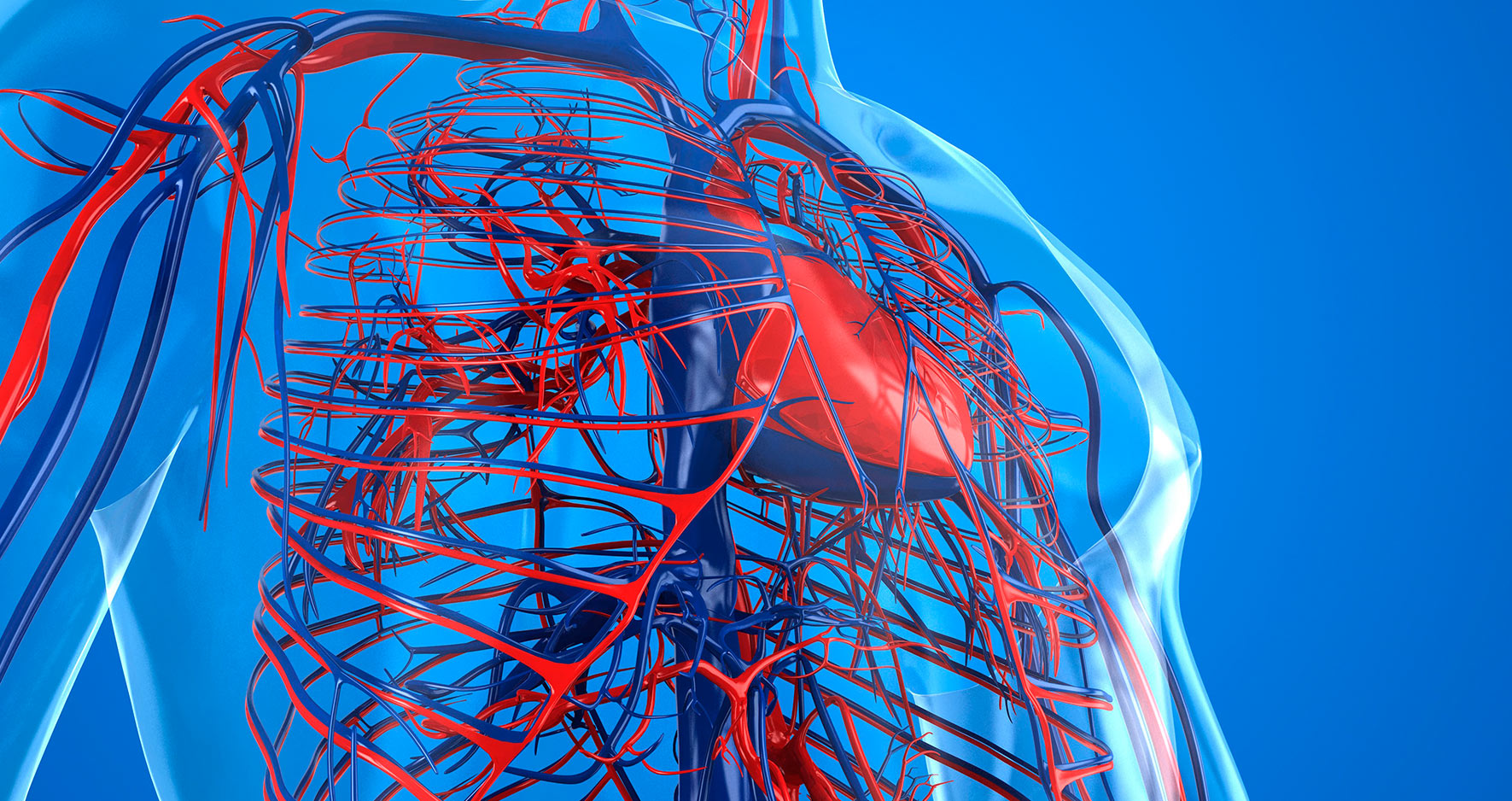COMPREHENSIVE
VASCULAR EXPERTS
COMPREHENSIVE
VASCULAR EXPERTS
UHealth Vascular surgeons combine cutting-edge research with proven surgical expertise to enhance circulation, reduce vascular disease risk, and preserve limb function.
With the only academic vascular limb surgery program in Miami-Dade and Broward counties, UHealth provides expert care for patients across South Florida, the Caribbean, and Latin America. Every treatment plan is designed to minimize pain, promote faster recovery, and deliver the best long-term outcomes — helping patients maintain independence and improve quality of life.
The UHealth's vascular surgery program offers:
- Board-certified vascular surgeons with fellowship training
- On-site vascular imaging for same-day diagnostics and treatment
- Cutting-edge therapies on limb salvage and multidisciplinary care
- Collaborative approach with cardiology, wound care, and podiatry for comprehensive vascular health
Why Choose UHealth?
UHealth's fully board-certified vascular surgeons offer the latest medical management, endovascular therapies, minimally invasive procedures, open surgery, and hybrid options to address a range of vascular conditions.

We specialize in challenging vascular conditions. UHealth’s vascular surgeons are highly experienced in addressing complex surgical cases — particularly for high-risk patients and those seeking second opinions. Our expertise includes limb salvage, deep venous reconstruction, cerebrovascular care, and treating aortic disease and thoracic outlet syndrome. UHealth vascular surgeons have performed more than 1,500 complex limb salvage procedures, helping our patients avoid amputation.

Coordinated care leads to better patient outcomes. UHealth’s multidisciplinary approach empowers our vascular surgery team to collaborate with their colleagues in cardiology, cardiac surgery, plastic surgery, podiatry, and wound care/hyperbaric medicine to ensure you experience the best possible results. Together, we coordinate and personalize your care to minimize delays and optimize your outcomes.

Our full range of vascular care options personalizes your treatment. Our focus is providing the most complete vascular surgery care for each patient. Your UHealth care team will consider not only your vascular health but also your lifestyle needs. To encourage your quick and full recovery, we offer the latest vascular care treatments, including medical management, endovascular therapies, open surgery, and hybrid options.

Advancing research for the future of vascular care. With the only academic vascular limb surgery program in Miami-Dade and Broward counties, UHealth contributes to the latest research. Through clinical trials, we determine which surgeries and technologies work best for which patients. This research improves patient outcomes and safety while advancing the science of vascular care.
OUR EXPERTS
Treatments and conditions
UHealth's fully board-certified vascular surgeons specialize in complex surgical cases, including aortic aneurysm/aortic dissection, peripheral arterial disease and limb salvage, thoracic outlet syndrome, carotid disease, and deep venous reconstruction. We can evaluate and treat patients pursuing second opinions and many vascular conditions deemed too complicated to treat elsewhere.
We deliver advanced, comprehensive care for all vascular conditions, with expertise in complex vascular surgery, including:
- Aortic aneurysm and aortic dissection repair
- Peripheral artery disease (PAD) treatment and limb salvage
- Thoracic outlet syndrome
- Carotid artery disease and stroke prevention
- Deep venous reconstruction
Request an Appointment
Existing patients can schedule an appointment by logging in to
MyUHealth Chart or by calling 305-243-5554.
Existing patients can schedule an appointment by logging in to MyUHealth Chart or by calling 305-243-5554.
